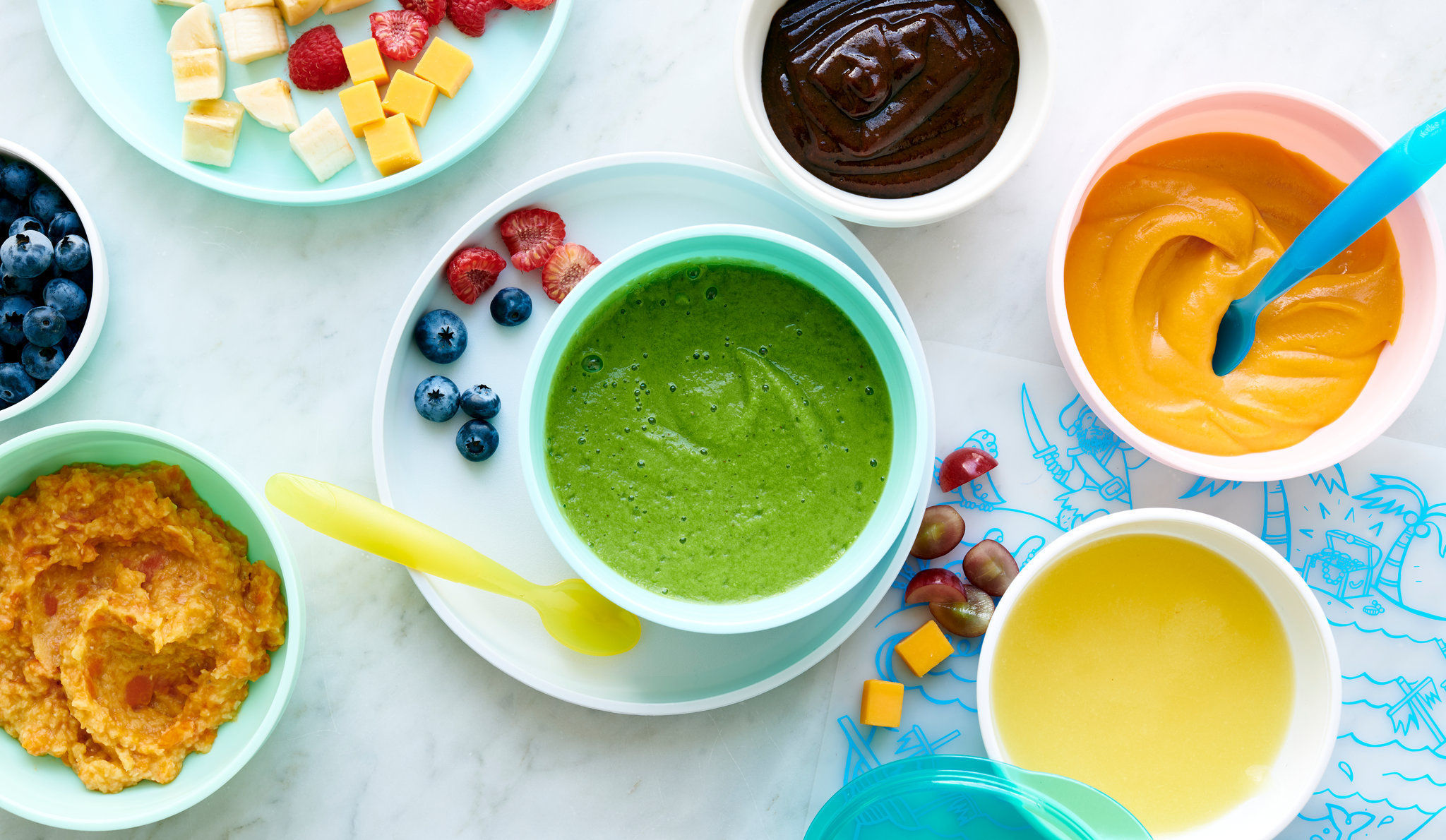Exposure to heavy metals during the first 1,000 days of life, when the brain grows fastest has been linked to increased risks of autism and developmental delays
Now medical experts have found that some common baby food ingredients like rice, root vegetables, and spices could easily absorb heavy metals such as arsenic, lead, cadmium, and mercury.
Researchers at Dolman Law Group have identified four unexpected baby foods that have been associated with elevated heavy metal exposure.
Exposure to heavy metals during the first 1,000 days of life, when the brain grows fastest has been linked to increased risks of autism and developmental delays
Now medical experts have found that some common baby food ingredients like rice, root vegetables, and spices could easily absorb heavy metals such as arsenic, lead, cadmium, and mercury.
Researchers at Dolman Law Group have identified four unexpected baby foods that have been associated with elevated heavy metal exposure.
Brown Rice Syrup – A Hidden Arsenic Concentrate
Brown rice syrup is often used to sweeten baby snacks or cereals, but it can contain inorganic arsenic, a known neurotoxin. Arsenic levels in some rice-based ingredients have tested at over 100 parts per billion (ppb), far exceeding the FDA’s limit of 10 ppb for drinking water.
Expert insight: “Parents may not realize that even organic sweeteners like brown rice syrup can carry concentrated doses of arsenic.”
2. Apple-Cinnamon Blends – Naturally Risky but Poorly Regulated
Fruit purees with added cinnamon often contain lead, especially when cinnamon is sourced from contaminated regions. In 2023, products like cinnamon-apple pouches were recalled for lead levels more than 2,000 times higher than proposed safe limits.
Expert insight: “Spices like cinnamon can be a major source of lead in baby foods, even in small amounts.”
3. Teething Snacks and Rice-Based Puffs – Frequent but Toxic
Rice is known for its high uptake of arsenic. Teething snacks and puffs made from rice flour often deliver multiple servings per day, increasing total metal exposure. Lab tests have found levels of arsenic and lead above federal limits in many of these snacks.
Expert insight: “Because these snacks are eaten so frequently, even low levels of metals can add up fast.”
4. Multigrain Cereals with Rice Content – Not as Safe as They Seem
Many multigrain baby cereals still use rice as a primary ingredient. Testing shows that some of these cereals exceed 80 ppb of inorganic arsenic, despite marketing that implies they are balanced and low-risk.
Expert insight: “Even mixed-grain products can be dominated by rice, making them a hidden source of arsenic.”
